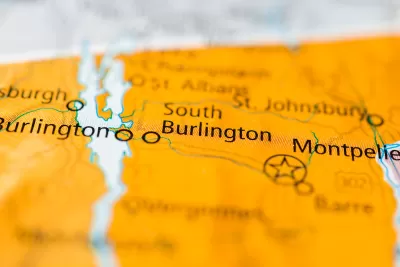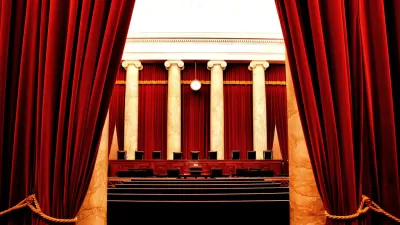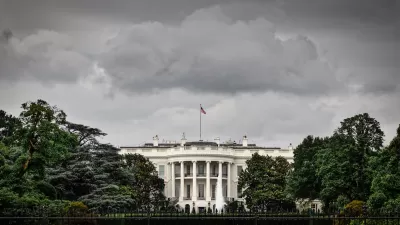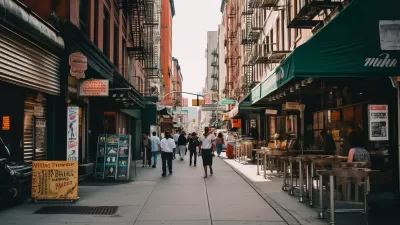Property owners argue that a new law protecting wildlife corridors amounts to an unconstitutional taking of property.

The U.S. Supreme Court could take on another case that could have rippling effects on local zoning and land use regulations. As Habib Sabet explains in The Other Paper, “The dispute stems from land use regulations passed by the city council in February 2022 that limits development in newly designated ‘habitat blocks,’ or wildlife corridors.”
Owners of a 113.8-acre parcel in South Burlington say the regulations amount to an unconstitutional seizure of their property, preventing them from developing on roughly a third of the land. “In his dismissal of the initial lawsuit, Judge Geoffrey Crawford of the U.S. District Court of Vermont wrote that, ‘in absence of a concrete plan, submitted to the DRB (Development Review Board) and a final decision from the DRB, it is not possible to tell how far the regulations encroach on the Plaintiff’s right to develop it’s [sic] property.’”
Sabet points out that even if the Supreme Court takes the case and rules in the developers’ favor, more litigation — likely years — would follow.
FULL STORY: U.S. Supreme Court to consider South Burlington land use case

Study: Maui’s Plan to Convert Vacation Rentals to Long-Term Housing Could Cause Nearly $1 Billion Economic Loss
The plan would reduce visitor accommodation by 25,% resulting in 1,900 jobs lost.

North Texas Transit Leaders Tout Benefits of TOD for Growing Region
At a summit focused on transit-oriented development, policymakers discussed how North Texas’ expanded light rail system can serve as a tool for economic growth.

Using Old Oil and Gas Wells for Green Energy Storage
Penn State researchers have found that repurposing abandoned oil and gas wells for geothermal-assisted compressed-air energy storage can boost efficiency, reduce environmental risks, and support clean energy and job transitions.

Private Donations Propel Early Restoration of Palisades Playground
Los Angeles has secured over $1.3 million in private funding to restore the Pacific Palisades playground months ahead of schedule, creating a modern, accessible space that supports community healing after recent wildfires.

From Blight to Benefit: Early Results From California’s Equitable Cleanup Program
The Equitable Community Revitalization Grant (ECRG) program is reshaping brownfield redevelopment by prioritizing projects in low-income and environmental justice communities, emphasizing equity, transparency, and community benefits.

Planting Relief: Tackling Las Vegas Heat One Tree at a Time
Nevada Plants, a Las Vegas-based nonprofit, is combating the city’s extreme urban heat by giving away trees to residents in underserved neighborhoods, promoting shade, sustainability, and community health.
Urban Design for Planners 1: Software Tools
This six-course series explores essential urban design concepts using open source software and equips planners with the tools they need to participate fully in the urban design process.
Planning for Universal Design
Learn the tools for implementing Universal Design in planning regulations.
Ascent Environmental
Borough of Carlisle
Institute for Housing and Urban Development Studies (IHS)
City of Grandview
Harvard GSD Executive Education
Toledo-Lucas County Plan Commissions
Salt Lake City
NYU Wagner Graduate School of Public Service





























